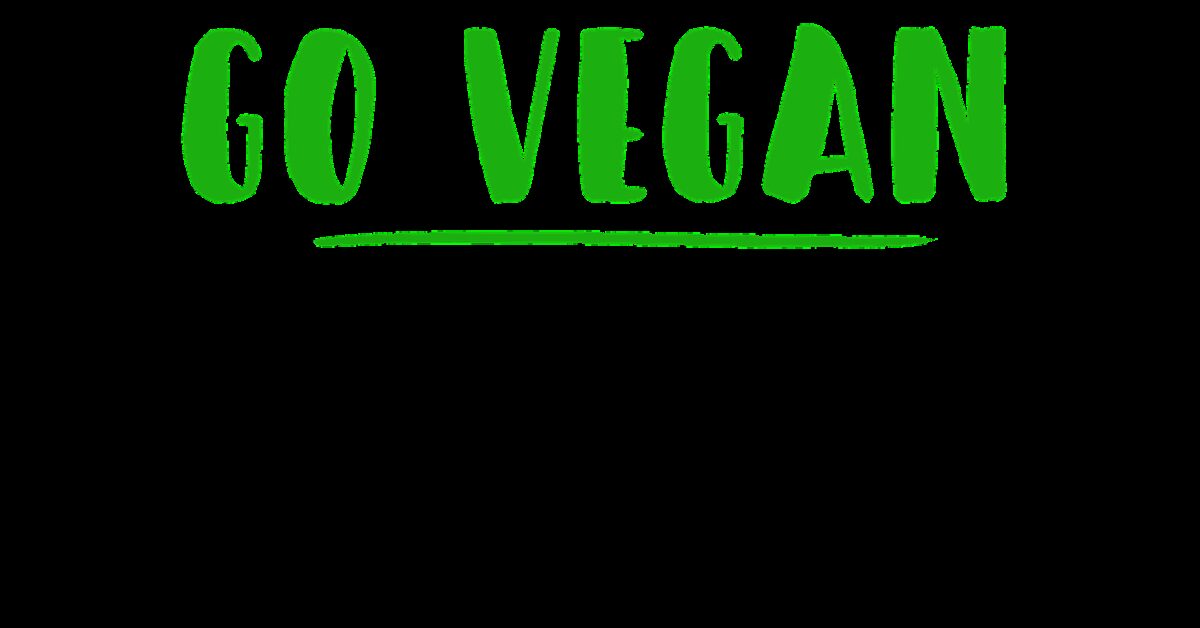Vegan Vitamin B12: The Essential Guide
Vitamin B12 is an essential nutrient that plays a crucial role in various bodily functions, including the formation of red blood cells, DNA synthesis, and proper nerve function. While it is commonly found in animal-based foods, such as meat, fish, and dairy products, it can be challenging for vegans to obtain adequate amounts of this vitamin from plant-based sources alone. In this guide, we will explore the importance of vitamin B12, the risks of deficiency, and the best vegan-friendly sources and supplements to ensure optimal health.
The Importance of Vitamin B12
Vitamin B12, also known as cobalamin, is a water-soluble vitamin that is essential for the normal functioning of the brain, nervous system, and the production of red blood cells. It is involved in the metabolism of every cell in the body and plays a crucial role in energy production. Additionally, vitamin B12 is necessary for the synthesis of DNA and the maintenance of healthy nerve cells.
Risks of Vitamin B12 Deficiency
Vegans are at a higher risk of developing vitamin B12 deficiency due to the limited availability of plant-based sources. A deficiency in vitamin B12 can lead to various health problems, including:
- Anemia: Vitamin B12 deficiency can cause megaloblastic anemia, a condition characterized by the production of abnormally large red blood cells that are unable to function properly.
- Neurological Disorders: Prolonged deficiency can lead to neurological symptoms such as numbness, tingling sensations, and even irreversible nerve damage.
- Impaired Cognitive Function: Inadequate levels of vitamin B12 have been associated with cognitive decline, memory loss, and an increased risk of dementia in older adults.
Vegan-Friendly Sources of Vitamin B12
While vitamin B12 is primarily found in animal-based foods, there are a few vegan-friendly sources that can help meet the recommended daily intake of this essential nutrient:
- Fortified Foods: Many plant-based milk alternatives, breakfast cereals, and nutritional yeast are fortified with vitamin B12. These fortified products can be an excellent addition to a vegan diet to ensure adequate intake.
- Algae and Seaweed: Certain types of algae and seaweed, such as nori and spirulina, contain small amounts of bioavailable vitamin B12. However, the reliability of these sources can vary, and it is recommended to consult a healthcare professional for guidance.
Vitamin B12 Supplements for Vegans
Due to the challenges of obtaining sufficient vitamin B12 from plant-based sources alone, many vegans opt for supplements to meet their nutritional needs. Here are some popular options:
- Cyanocobalamin: This is the most common form of vitamin B12 found in supplements. It is a synthetic form that is converted into an active form by the body.
- Methylcobalamin: This is a naturally occurring form of vitamin B12 that is already in its active state. It is believed to have better absorption and retention in the body compared to cyanocobalamin.
- Sublingual Supplements: These are vitamin B12 supplements that are placed under the tongue for absorption. They bypass the digestive system and are absorbed directly into the bloodstream, making them potentially more effective.
Conclusion
Vitamin B12 is a vital nutrient for overall health and well-being. While it can be challenging for vegans to obtain sufficient amounts from plant-based sources alone, fortified foods and supplements can help bridge the gap. Regular monitoring of vitamin B12 levels and consulting with a healthcare professional is essential to ensure optimal health on a vegan diet.
